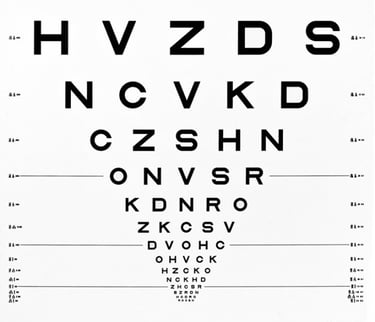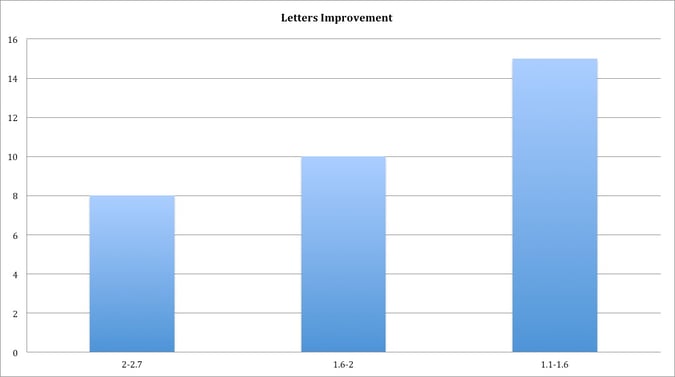Recently the news media made a massive campaign to promote a new study on the lack of efficacy of omega-3 fatty acids for treating dementia as indicative that fish oil supplements are worthless (1). As usual, apparently not one of the science writers in the media ever read the original article (2). If they had, they would have found this quote in the Discussion of the paper: “Another limitation of this study is the possibility that at non-physiological levels, the nutrients we tested would have different biological effects, different from those attained with dietary intake.” What does that mean in plain English? The translation would be: “We may have used placebo levels of omega-3 fatty acids so any conclusions of our research are worthless”.
Why would they insert such a downer of a statement? This requires a little history. First, this study was originally used to ask the question could a small dose of EPA and DHA (1 gram per day) for five years have any benefits in treating age-related macular degeneration (AMD)? AMD is the leading cause of blindness after age 50, and there is no known drug treatment for it. The researchers concluded that omega-3 fatty acids have no benefit (3). But what if they had used a placebo dose? I demonstrated this in my article published in 2014 (4). In our study, we used 5 grams of EPA and DHA per day for six months (not five years). At the end of that trial 100% of the patients had improvement in their vision instead of the lack of any improvement in the published study in JAMA (3).
Determining improvement in vision is easy. You use an eye chart like the one below.
Each line of letters is progressively smaller. There are five letters in a line. In drug trials to treat dry AMD (this accounts for more than 90% of all AMD cases), the success is usually measured in letters. There are five letters in one line of vision. An improvement of seeing an additional 5 letters (one line of vision) is a 25% improvement, seeing an additional 10 letters (2 lines of vision) is a 50% improvement in vision, and seeing an additional 15 letters (3 lines of vision) is a 100% improvement in vision. It doesn’t take a rocket scientist (or even an ophthalmology researcher) to see an improvement in vision if they can count letters. When we did our study, we used a higher level of omega-3 fatty acids. Within 6 months after starting the supplementation with OmegaRx, all the patients with dry AMD had at least 1 line of vision increase, 66% had at least 2 lines of vision of increase, and 33% had at least 3 lines of vision increase.
Subsequent studies indicated that there was a statistically significant dose-response curve between the final AA/EPA ratio and the improvement of vision as shown below.
If you get the AA/EPA ratio less than 1.6, there is a 100% improvement in vision (15 letters improvement).
It wasn’t that the NIH researchers were unaware of the results, since I sent them the published paper. Of course, this would mean that their published multi-million dollar study was worthless. So if you ignore it, maybe it will go away. Fat chance.
But if you get placebo results with treating dry AMD using a placebo dose of fish oil, why do you think there would be any benefit for improving cognition? So you take one loser of a study (treating dry AMD) and then publish another loser of a study (fish oil has no effect on cognition) using the same subjects coming from the first loser study. This makes it a double loser. References:
References:
- Rabin RC. “Supplements don't fight cognitive decline, NIH study says.” New York Times. August 31, 2015.
- Chew EY, Clemons TE, Agron E, Launer LJ, Grodstein F, and Berstein PS. “Effect of omega-3 fatty acids, lutein/zeaxanthin and other nutrient supplementation on cognitive function.” JAMA 314: 791-801 (2015).
- Age-Related Eye Disease Study 2 Research Group. “Lutein + zeaxanthin and omega-3 fatty acids for age-related macular degeneration: The Age-Related Eye Disease Study 2 (AREDS2) randomized clinical trial.” JAMA 309: 2005-2015 (2013).
- Georgiou T, Neokleous A, Nikolaou D, and Sears B. "Pilot study for treating dry age-related macular degeneration (AMD) with high-dose omega-3 fatty acids.” PharmaNutrition 2:8-11 (2014).








Let Us Know What You Thought about this Post.
Put your Comment Below.